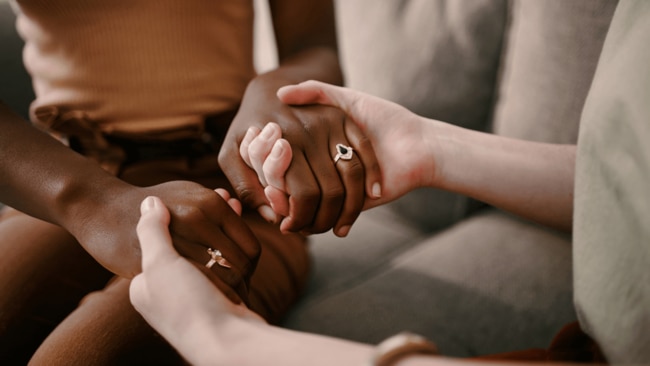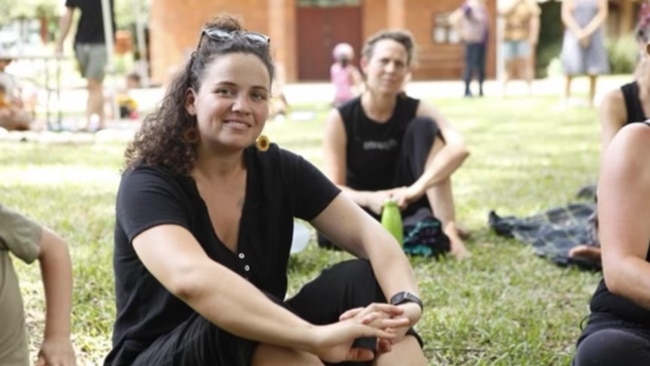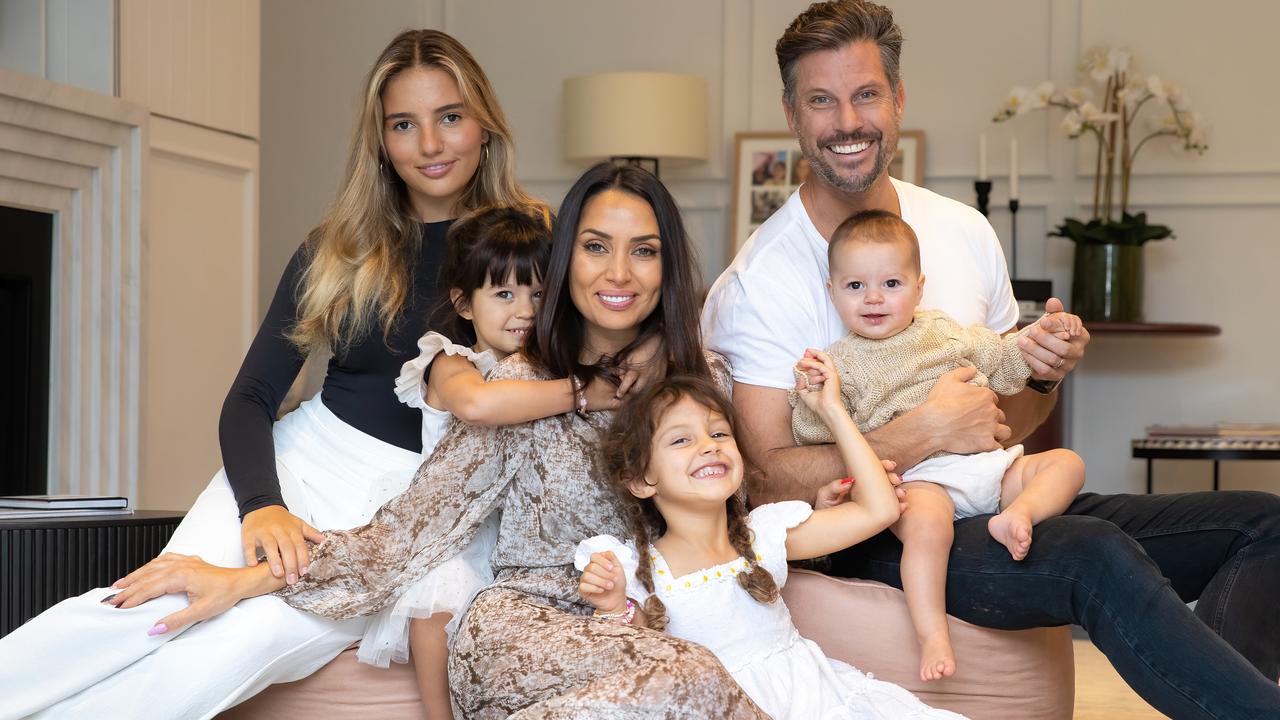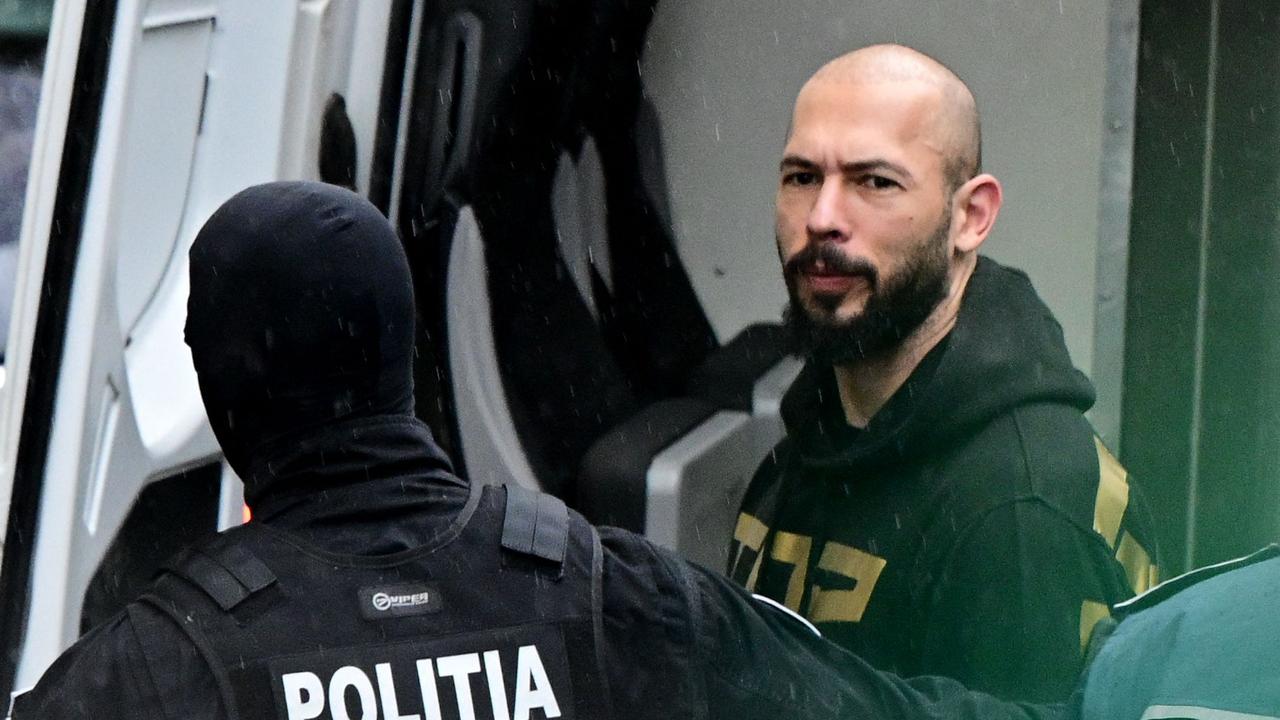How to ask someone if they really are OK
One conversation can make all the difference

Mental Health
Don't miss out on the headlines from Mental Health. Followed categories will be added to My News.
Behind the bright yellow branding, RUOK day highlights the importance of being proactive with honest conversations about mental health, before things take a turn for the worst.
RUOK Day is more than cupcakes from management and quick, obligatory check-ins across the office cubicle. The day represents the power we have as individuals in supporting those around us.
But while today is bookmarked in our calendars as a reminder to reach out to our loved ones, peer support and honest conversations shouldn’t be confined to a single 24 hours. With emerging generations beng labelled history’s loneliest, a flame only aggravated by the past few years of pandemic-induced isolation and stress, there has never been a more crucial time to address our mental health head-on.
Michelle Levy, a peer support worker for Wesley LifeForce’s Aftercare program, is a passionate advocate for what today stands for. In essence, Aftercare offers tailored support to those in need in a non-clinical setting, workign with individuals who are either at risk of, or recently attempted, suicide.
Like what you see? Sign up to our bodyandsoul.com.au newsletter for more stories like this.
Speaking to the program’s unique approach, Levy says it represents a crucial element the health system is currently lacking on a national scale.
“I call it the missing middle,” says Levy. “From those who aren't acute enough to be accepted into the mental health wards to those who aren't doing well enough on their own and need that support and these kind of aftercare programs, really offer that point of difference.”
The non-clinical setting of Michelle’s work not only offers people more flexibility, but removes so much of the stigma that clouds those seeking mental health treatment, especially if they’ve had previous negative experiences in the system.

We all have a responsibility to ask
As a peer worker, Levy is inspired by the idea that supporting those around us shouldn’t be a responsibility strictly held by health professionals.
“Suicide prevention is the community's responsibility,” Levy explains. ”I think it's about community stepping up, being brave, and taking that initiative to ask the question, ‘are you okay?’”
Levy and the Wesley LifeForce team have designed a range of programs designed to help everyday people feel more comfortable in not only initiating these questions, but feeling prepared to manage whatever answer follows.
“It's a natural response just to say, ‘I'm fine’, but we're not asking that next thing or really trying to probe to get that answer out of someone,” says Levy. “And the one thing with the suicide question, is it has to be direct and we need a yes or no.”

No one is expecting you to know the answers
Aside from her years working in peer support, Levy’s passion for suicide prevention and advocating for those in need comes form her own lived experience.
“Being a peer work, I have my own lived experience around attempted hospitalisation and self-harm,” Levy shares. “For me it's always been about not having people go through what I went through alone.”
Levy says these questions and conversations are really about creating an opportunity, and a safe space, for people to actually answer authentically. Seeing the immense impact a non-clinical setting can have on an individual’s ability to open up, Levy urges us to get creative with our approach, such as asking someone for a coffee catch-up instead of having a rushed conversation in the hallway at work.
“We want to empower them to feel like they can speak out about it and find the right help,” explains the peer worker.

However, while it is certainly our responsibility to initiate these conversations, Levy says we should feel reassured in the decision to escalate any situation to a mental helath professional if we’re feelign out of our depth, or like someone may be at serious risk.
“You support that person to the next step but you don't have to be there on the whole journey,” Levy says. “It might just be that you give them the lifeline number and say, ‘hey, that could help you,’ or ‘I've heard that's a really good program out, do you want to try them or a counsellor?’.”
When it comes to today, and all days, Levy urges people to consider the power of asking a simple question, versus not having a conversation at all with someone you feel may be at risk.
“The question can be quite heavy and people can be quite scared to ask it,” Levy says. “But then I think what's the greater risk? We don't ask what's going on for someone and that person doesn't turn up the next day.”
Find out more about Wesley LifeForce’s suicide prevention workshops and community programs here.
If you or someone you know needs help, phone Lifeline on 13 11 14 or the 24-hour Suicide Call Back Service 1300 659 467.
More Coverage
Originally published as How to ask someone if they really are OK




